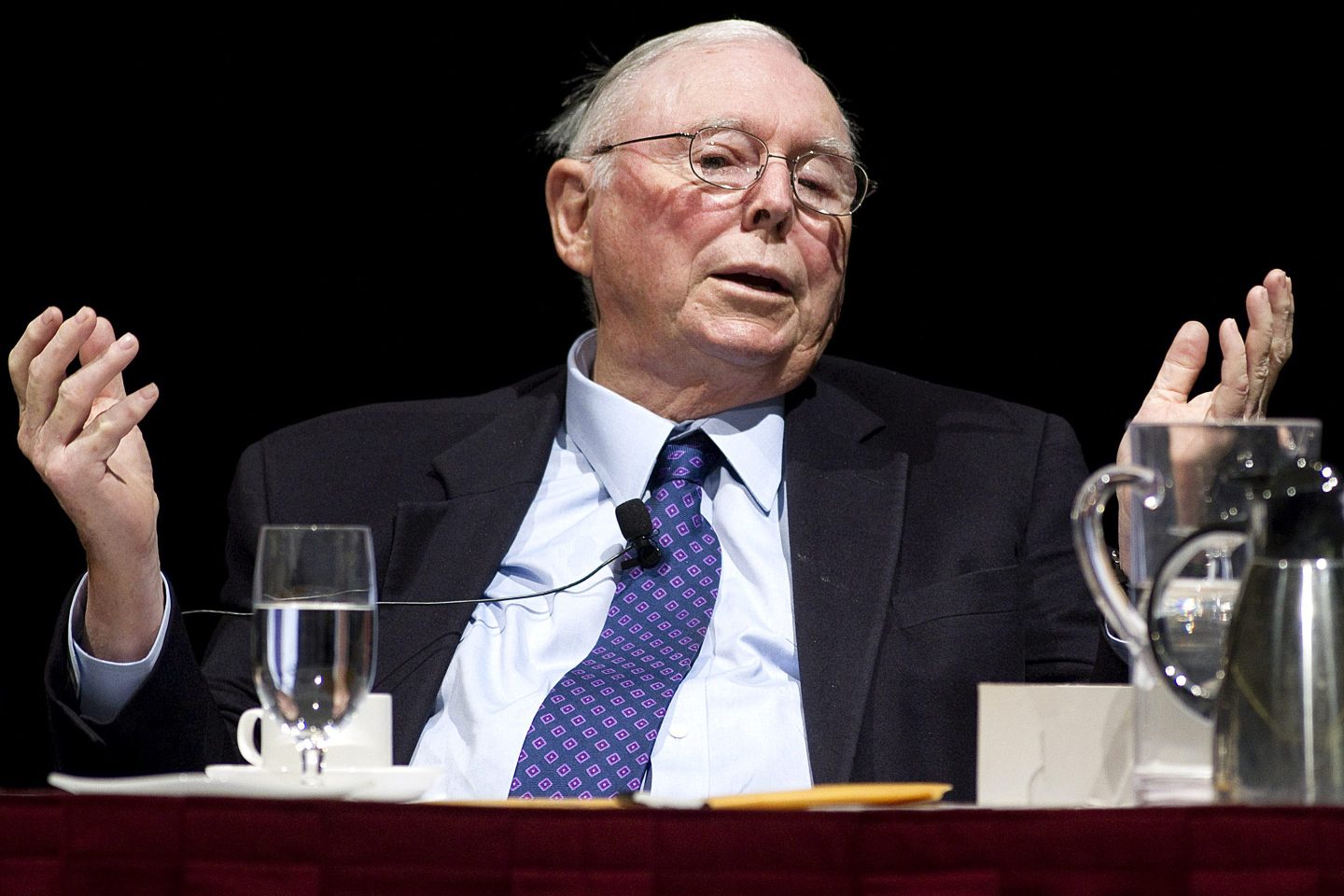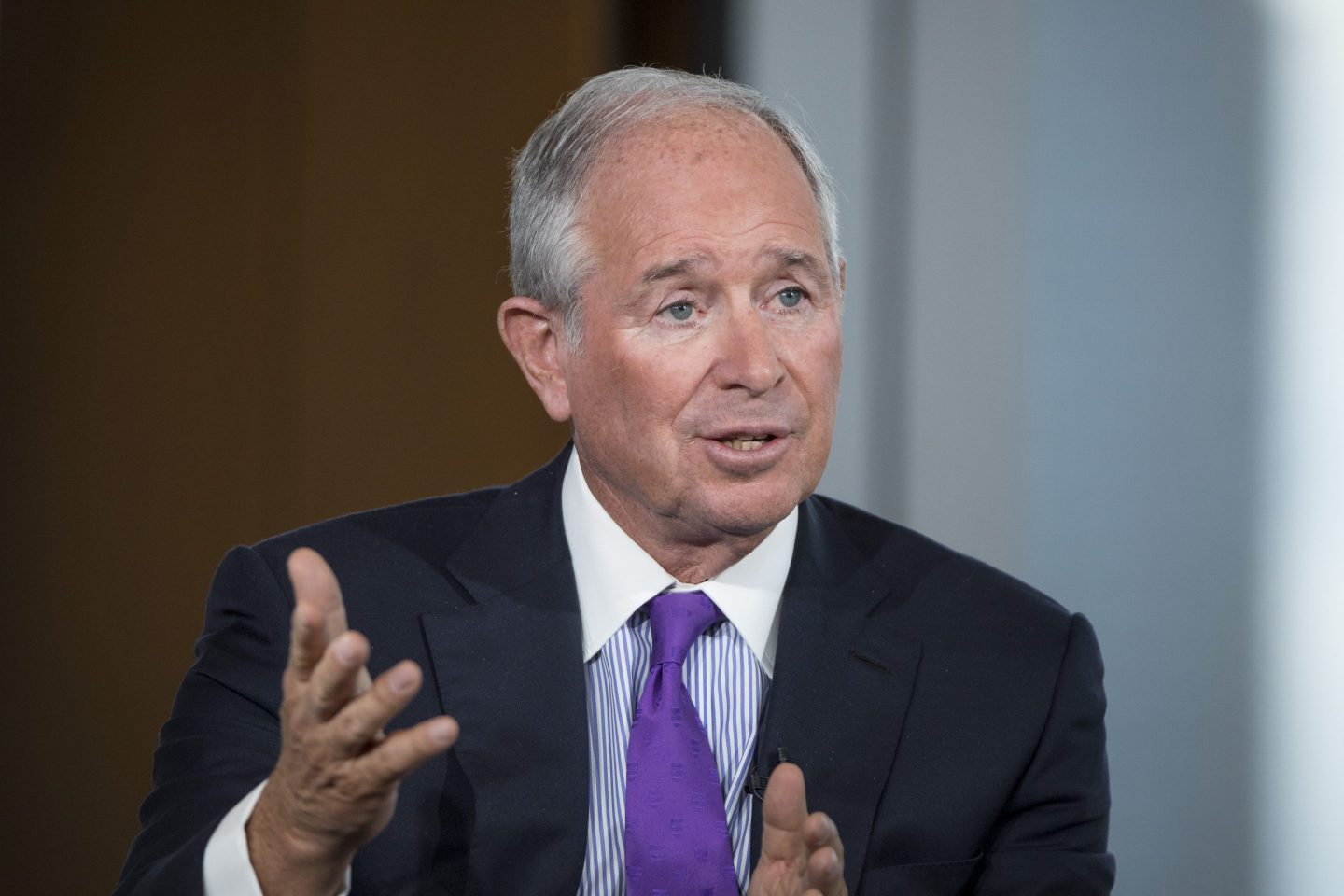Charlie Munger, who passed away this week at age 99, could have afforded a mega-mansion—or several of them. Instead, the legendary investor stayed put in the same relatively modest home (by billionaire standards) in Los Angeles for seven decades.
One reason, explained the longtime business partner to Warren Buffett, was he felt extravagant homes don’t really make people happier.
He and Buffett had watched their friends who’d become wealthy build “really fancy houses,” he said in a CNBC interview that was conducted a few weeks before his death.
But “I would say in practically every case, they make the person less happy, not happier,” he said.
Having a basic house “really helps you,” he said. But “having a really fancy house, it’s good for entertaining 100 people at once. It’s a very expensive thing to do. And it doesn’t do you that much good.”
Munger said he decided “not to live a life where I look like the Duke of Westchester or something. And I was going to avoid it. I did it on purpose.”
One reason is that he worried that an overly opulent lifestyle would spoil his children.
“I didn’t think it would be good for the children,” he said. “You grow up in a rich family, your duty is to use the wealth and live grandly. That is what everyone is doing with the money. You will learn from people who are doing it.”
‘A house can be a nightmare’
Buffett, similar to Munger, has had the same house for decades—one he bought in Omaha, Nebraska, for $31,500 in 1958. The Berkshire Hathaway chairman and CEO still considers the home, now worth over $1.3 million, to be one of his best investments.
In May, when visitors descended upon Omaha for the annual Berkshire shareholder meeting, many Buffett fans snapped photos in front of his relatively unremarkable home, as local TV station WOWT reported.
Buffett wrote in 2010 that while it’s easy to feel pressured to buy a home, it can be smarter to rent, depending on one’s personal finances.
“A house can be a nightmare if the buyer’s eyes are bigger than his wallet and if a lender—often protected by a government guarantee—facilitates his fantasy,” he wrote. “Our country’s social goal should not be to put families into the house of their dreams, but rather to put them into a house they can afford.”
Lottery winners often quickly buy many fancy homes, which financial advisors warn is a mistake.
“I’ve seen clients purchase large homes in faraway locations that they ultimately realize they will not use frequently and end up being a major ongoing financial burden that took several years to sell,” Paul Karger, cofounder and managing partner of wealth advisory firm TwinFocus, recently told Fortune.
Munger’s frugality extended beyond his housing choice, however.
“His idea of traveling in style,” Buffett wrote of Munger in a 1989 letter to shareholders, “is an air-conditioned bus, a luxury he steps up to only when bargain fares are in effect.”













